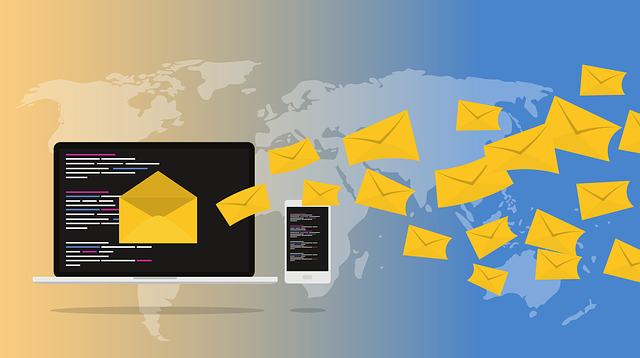AI document redaction automation is transforming legal practices by securely handling sensitive data in lease contracts, improving efficiency, reducing human errors, and adhering to privacy regulations. This technology streamlines document preparation, conserves time for legal professionals, and enhances data security. Integrating AI into lease agreement generation offers immense benefits like automated redaction and personalization, but challenges such as data privacy, security, and legal complexities must be addressed. Best practices include comprehensive dataset training, robust data governance frameworks, AI redaction automation, regular updates, collaboration with experts, and transparent communication with tenants to ensure compliance and enhance the rental experience.
“Revolutionize your long-term rental lease agreements with AI document redaction automation. This cutting-edge technology streamlines the creation process, ensuring accuracy and efficiency. In this comprehensive guide, we explore the potential of AI in lease agreement generation, highlighting its benefits and challenges.
From understanding AI’s role in redacting sensitive data to best practices for implementation, this article equips professionals with insights. Discover how AI can transform your business, making lease agreements faster, more secure, and tailored to long-term rentals.”
- Understanding AI Document Redaction Automation
- Benefits and Challenges of AI in Lease Agreement Generation
- Best Practices for Implementing AI Long-Term Rental Lease Agreements
Understanding AI Document Redaction Automation

AI document redaction automation is transforming how we handle sensitive data in legal agreements, like lease contracts. By leveraging machine learning algorithms, this technology can swiftly and accurately redact or mask confidential information, ensuring compliance with privacy regulations. It’s particularly useful for long-term rental lease agreements where multiple parties exchange intricate details.
This automation streamlines the document preparation process, reduces human error, and saves significant time. With AI, legal professionals can focus more on strategic decision-making rather than tedious redaction tasks. Moreover, it enhances security by minimizing the risk of data breaches, making it an invaluable tool in today’s digital landscape where data privacy is paramount.
Benefits and Challenges of AI in Lease Agreement Generation

The integration of Artificial Intelligence (AI) into lease agreement generation offers both significant advantages and unique challenges. One of the key benefits is the potential for AI document redaction automation, which can streamline the process of drafting and personalizing rental contracts. AI algorithms can analyze existing agreements, identify relevant clauses, and automatically generate tailored lease terms based on specific property attributes and tenant profiles. This not only saves time but also reduces human error in data entry, ensuring consistency across multiple rentals.
However, challenges arise when considering data privacy and security concerns. As AI systems require access to sensitive information about properties and tenants, it is crucial to implement robust measures for data protection. Additionally, legal complexities may surface due to the dynamic nature of AI-generated content, requiring ongoing updates to comply with changing regulations. Striking a balance between these challenges will be essential to unlocking the full potential of AI in revolutionizing long-term rental lease agreement generation.
Best Practices for Implementing AI Long-Term Rental Lease Agreements

Implementing AI for long-term rental lease agreement generation offers numerous benefits, from improved efficiency to reduced errors. To leverage this technology effectively, best practices include ensuring data quality and privacy protection. Start by training your AI models on comprehensive, accurately labelled datasets representing a diverse range of rental agreements. This promotes inclusivity and prevents bias. Implement robust data governance frameworks that safeguard sensitive tenant information, adhering to relevant regulations like GDPR or CCPA. Incorporate AI document redaction automation for secure data handling, ensuring only anonymized data is used for training.
Additionally, maintain regular updates and monitoring of the AI system to account for evolving legal landscapes and market trends. Collaborate with legal experts to validate generated lease agreements, ensuring they comply with local laws and industry standards. Foster transparency by explaining AI-assisted processes to tenants, building trust and enhancing the overall rental experience.
AI document redaction automation is transforming the way we approach long-term rental lease agreement generation. By leveraging advanced natural language processing and machine learning techniques, this technology streamlines the creation process, reduces human error, and enhances data security. While challenges exist, such as ensuring legal compliance and maintaining transparency, best practices guide successful implementation. Embracing AI automation not only improves efficiency but also paves the way for a more robust and secure rental agreement ecosystem.
